Focus
Your Present Location: HOME> Focus-
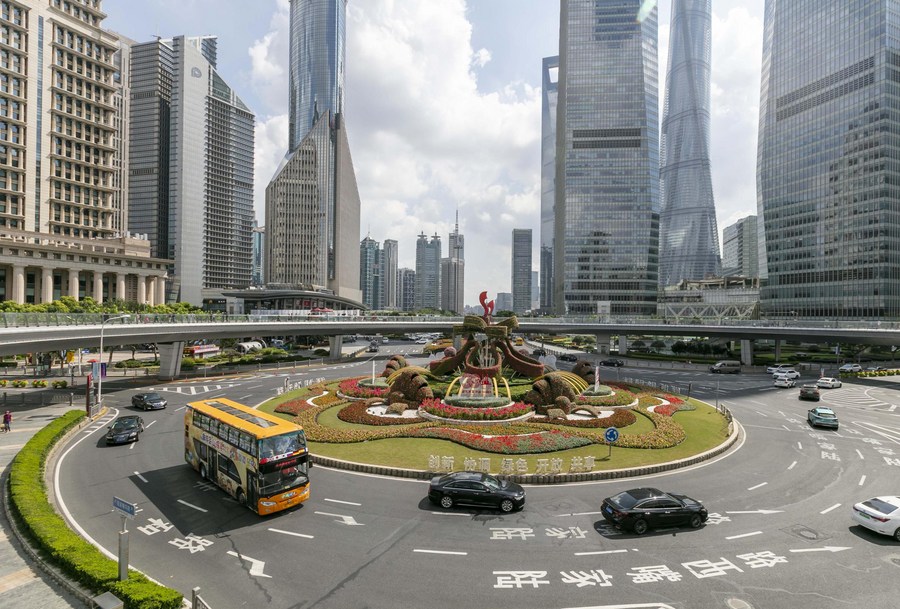
Liu Yuanchun: China's capital market to see more development opportunities in 2022
China's capital market is expected to see sound development with more opportunities this year, experts said.
2022-02-08 -

Martin Jacques: All eyes on the Beijing Winter Olympics witness a weakened US
2022 is not 2008. In 2008, the West was warming to China. It had growing expectations of their relationship. Since then, the warmth has been replaced by a cold chill. China did not westernize in the manner that the US expected and required. Worse, China got stronger as the US grew weaker. By 2016, the US was disillusioned that its hopes had not been fulfilled. It turned against China and sought to ostracize it. The Beijing 2022 Winter Olympics take place in a very different atmosphere to the Summer Olympics in 2008. No doubt the US wishes it wasn't taking place at all. There is nothing it can do about that; so it resorted to a "diplomatic boycott." But this has been a damp squib. Who really cares whether or not US diplomats attend; sure, it is better if they are present, but if they aren't, the price of their absence is very small. It is a weak gesture made all the weaker by the fact that the boycott has remarkably few backers, 14 in total.
2022-02-08 -
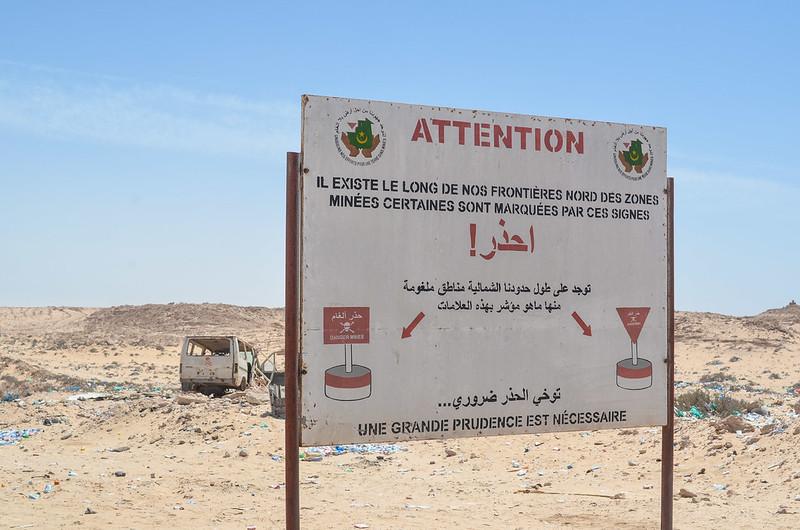
Vijay Prashad: Morocco Drives a War in Western Sahara for Its Phosphates
In November 2020, the Moroccan government sent its military to the Guerguerat area, a buffer zone between the territory claimed by the Kingdom of Morocco and the Sahrawi Arab Democratic Republic (SADR). The Guerguerat border post is at the very southern edge of Western Sahara along the road that goes to Mauritania. The presence of Moroccan troops “in the Buffer Strip in the Guerguerat area” violated the 1991 ceasefire agreed upon by the Moroccan monarchy and the Polisario Front of the Sahrawi. That ceasefire deal was crafted with the assumption that the United Nations would hold a referendum in Western Sahara to decide on its fate; no such referendum has been held, and the region has existed in stasis for three decades now.
2022-01-28 -

Djoomart Otorbaev: The center of the global winter sports industry is moving to China
Editor's note: Djoomart Otorbaev is the former Prime Minister of the Kyrgyz Republic, a distinguished professor of the Belt and Road School of Beijing Normal University, and a member of Nizami Ganjavi International Center. The article reflects the author's views and not necessarily those of CGTN.
2022-01-28 -
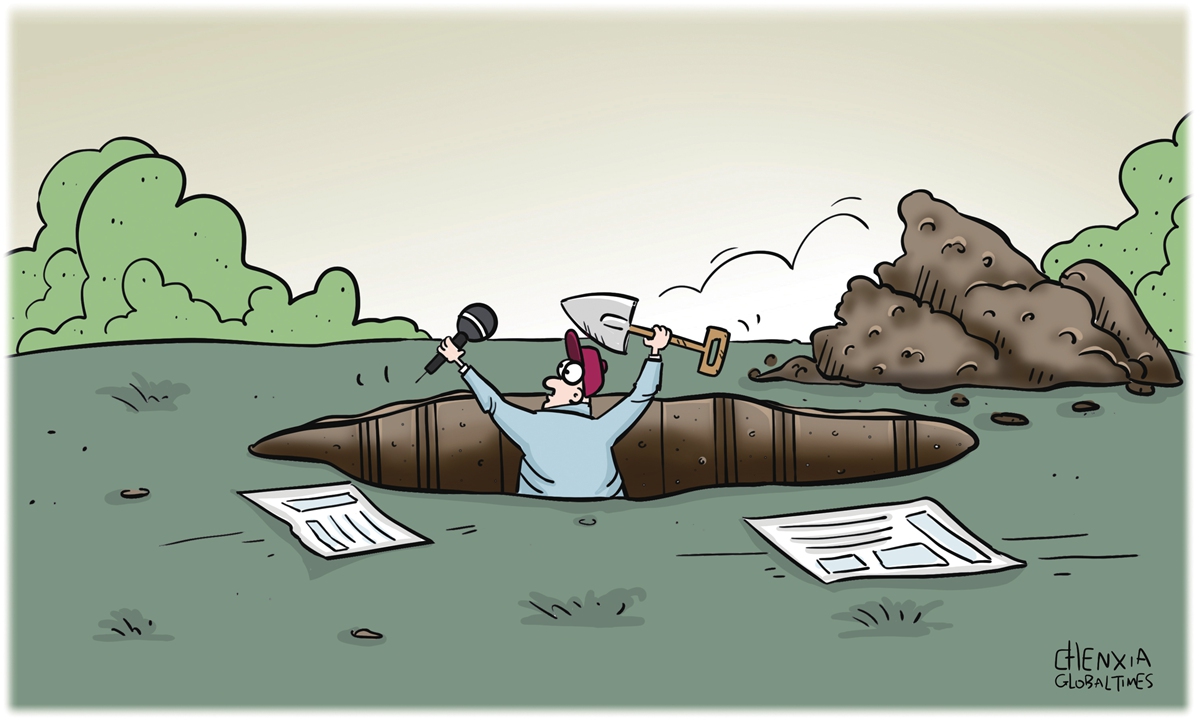
【GT】Ding Gang: Attacks on Xi’an lockdown show Western media ignorance, ruthlessness
On January 25, Xi'an, capital city of Northwest China's Shaanxi Province, lifted a month-long lockdown, with the lives and work for more than 12 million people going back to normal. Thanks to the joint efforts of thousands of medical and grassroots community workers, the total number of confirmed cases was kept around 2,000 with zero COVID-19 deaths in this outbreak.
2022-01-27 -
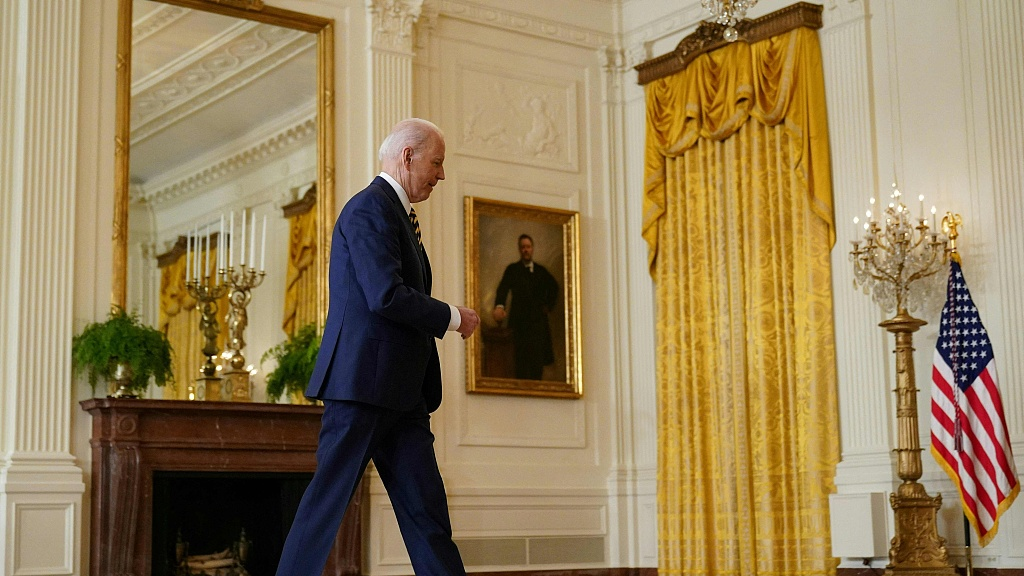
【CGTN】William Jones: The West must return to Westphalian principles
As the state of the world seems to be on the brink of serious conflict based on a wrong-headed and biased view by the leading Western nations of the global changes not seen in a century, and particularly by the United States, we must begin to examine the erroneous principles on which the recent actions of Western governments have been based in order to avoid catastrophe. The most acute crisis today is that between the U.S. and Russia, but with the U.S.-China relationship also experiencing serious tensions, stability on the entire planet is threatened.
2022-01-27 -
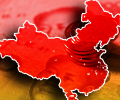
John Ross: China’s economy faces more negative global trends in 2022; avoiding US errors key
China’s 8.1 percent GDP increase in 2021, following on from 2.2 percent in 2020, exceeded that of any other major economy. However, as is well known, China’s year-on-year growth rate fell to 4.9 percent in the third quarter in 2021 and 4.0 percent in the fourth quarter, showing downward economic pressure.
2022-01-27 -
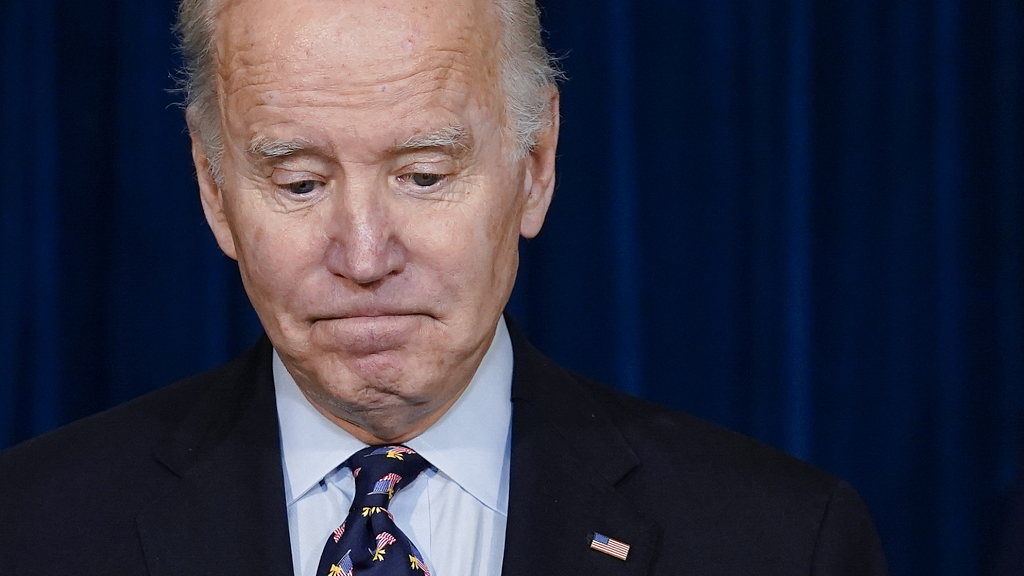
【CGTN】Liu Zhiqin: One year on, a crown of thorns awaits Biden, lest he acts fast
Editor’s note: Liu Zhiqin is a senior researcher at Chongyang Institute for Financial Studies, Renmin University of China. The article reflects the author’s opinions and not necessarily the views of CGTN.
2022-01-26 -
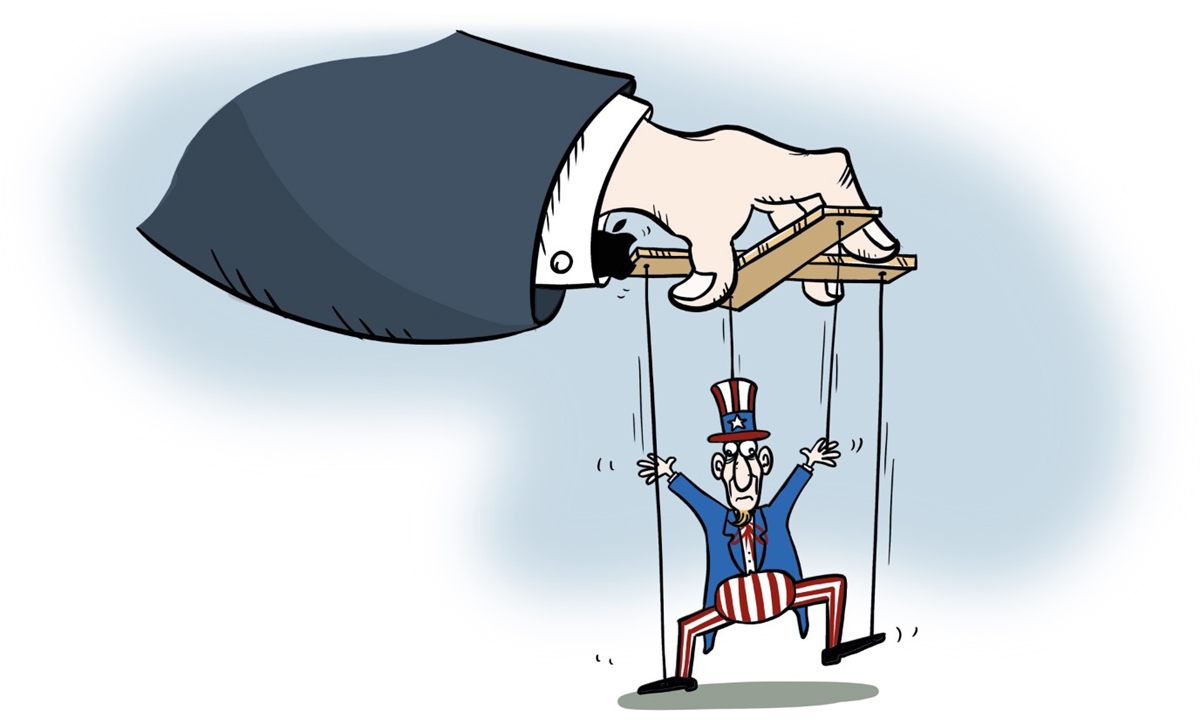
【GT】Ding Gang: Apple’s success mirrors China-US relations
On January 6, Apple filed a document with the US Securities and Exchange Commission showing that Tim Cook's total compensation as CEO in 2021 reached $98.7 million. It came after Apple's market capitalization surpassed $3 trillion during mid-day US stock trading on January 3, making it the world's highest market capitalization. This amount is close to China's foreign exchange reserves of $3.25 trillion (at the end of December 2021).
2022-01-26 -
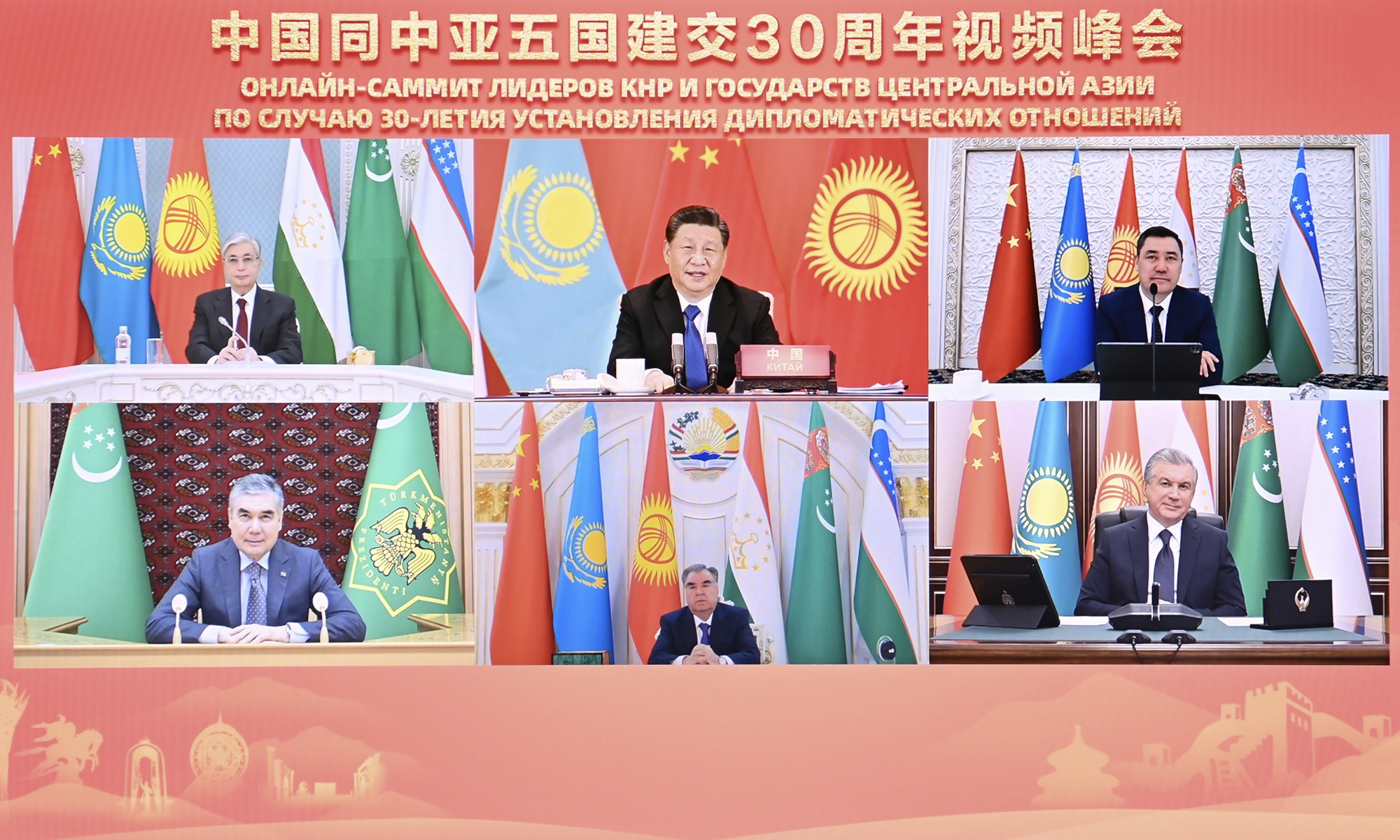
【GT】Zhou Rong: China to aid 5 Central Asia countries with additional 50 million vaccines, to continue 'high-level political mutual trust'
Chinese President Xi Jinping on Tuesday said China is ready to work with Central Asian countries in building a closer community with a shared future and pledged to build a cooperation belt for high-quality development, strengthen the shield for defending peace, diversify interaction mechanisms and offer assistance to advance the Global Development Initiative.
2022-01-26 -
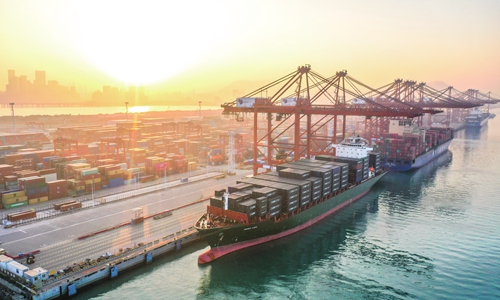
【GT】John Ross: China's economy faces more negative global trends in 2022; avoiding US errors key
China's 8.1 percent GDP increase in 2021, following on from 2.2 percent in 2020, exceeded that of any other major economy. However, as is well known, China's year-on-year growth rate fell to 4.9 percent in the third quarter in 2021 and 4.0 percent in the fourth quarter, showing downward economic pressure.
2022-01-25 -

【CGTN】He Weiwen: Global collaboration key to post-pandemic recovery
Calls for cooperation were the recurring theme of the just ended Davos Agenda 2022. Chinese President Xi Jinping, in his keynote speech at the event, sent a wake-up call to the world on the urgency to beat the pandemic and build post-COVID-19 world.
2022-01-25 -

【CRI】John Ross: Is Christine Lee a Chinese “spy”?
Christine Lee, a British-Chinese lawyer, who set up the British Chinese Project aimed at promoting engagement, understanding and cooperation between the Chinese community and wider UK society, has been accused of being a spy for Beijing by Britain’s spy agent MI5. But just a couple of years ago in 2019, she was given a “Point of Light” award by then prime minister Theresa May in recognition of her work in promoting Sino-British relations and her charity work for the local community. What has led to the dramatic change? As anti-Chinese sentiment is on the rise in Western countries, how may it back fire at the entire society?
2022-01-25 -

【GT】Wang Wen: Dropping MIT prof’s case shows US’ ‘China Initiative’ self-destructing
The dismissal of all charges against a Chinese-born MIT professor by the US Justice Department is a "good sign," and shows some in the US have realized the "China Initiative" is nothing but academic racism and a self-destroying plan to politically persecute scientists, Chinese observers said, noting that the US' anti-Asian sentiment in academia and society seriously aggravated one year after Joe Biden took office, and the worsening xenophobia shows that the US is sliding into comprehensive decline.
2022-01-24 -

【CGTN】Djoomart Otorbaev: What is the most important letter in the ESG acronym?
2022-01-24 -
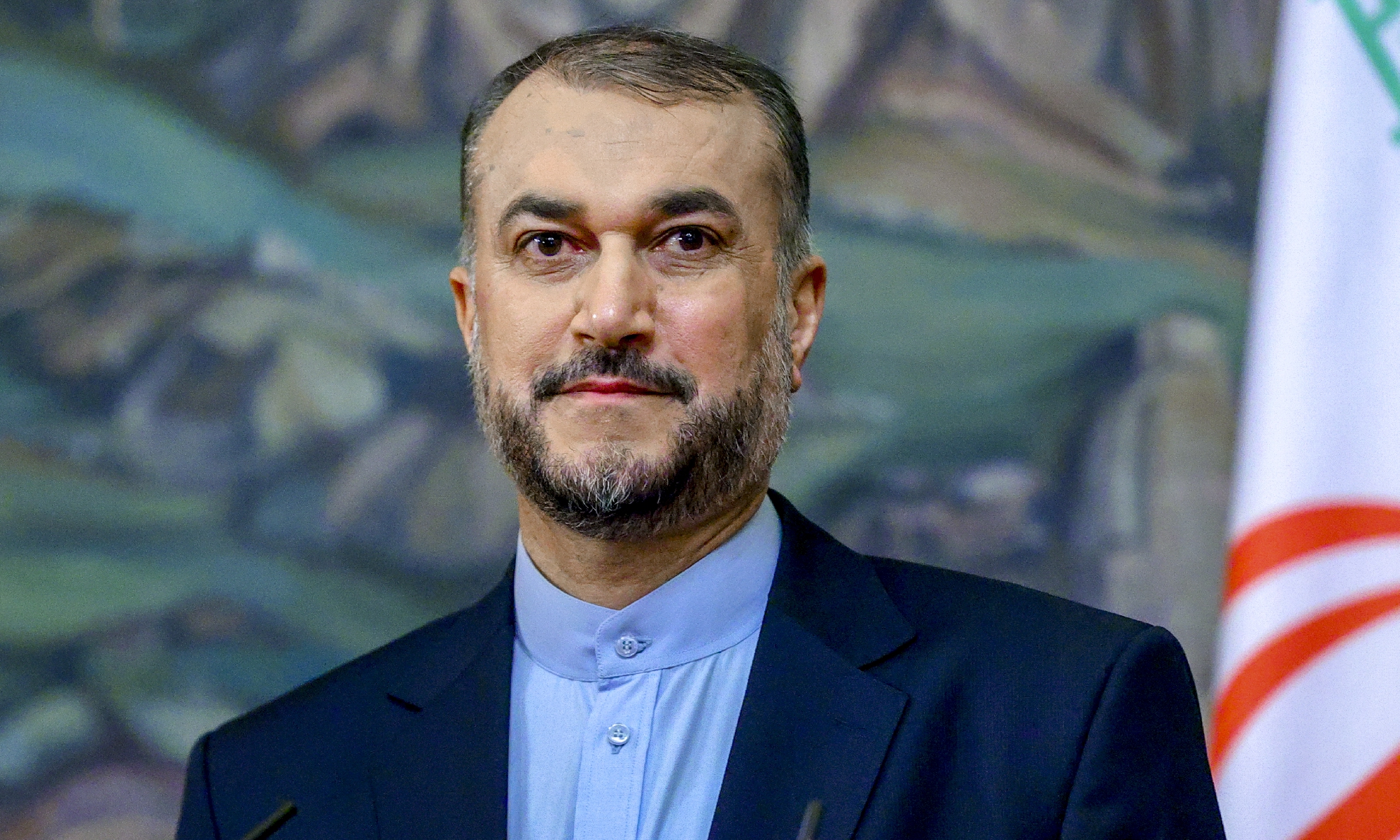
【GT】Zhou Rong: Iranian FM visits China 4 days after GCC trip; China has no enemies, only friends in Middle East
Iranian Foreign Minister Hossein Amir-Abdollahian visited China to discuss the implementation of a bilateral comprehensive cooperation pact among other topics of shared interest on Friday, the same day when four Gulf Cooperation Council (GCC) countries' foreign ministers wrapped up their first-ever group visit to China, which started on Monday.
2022-01-24 -
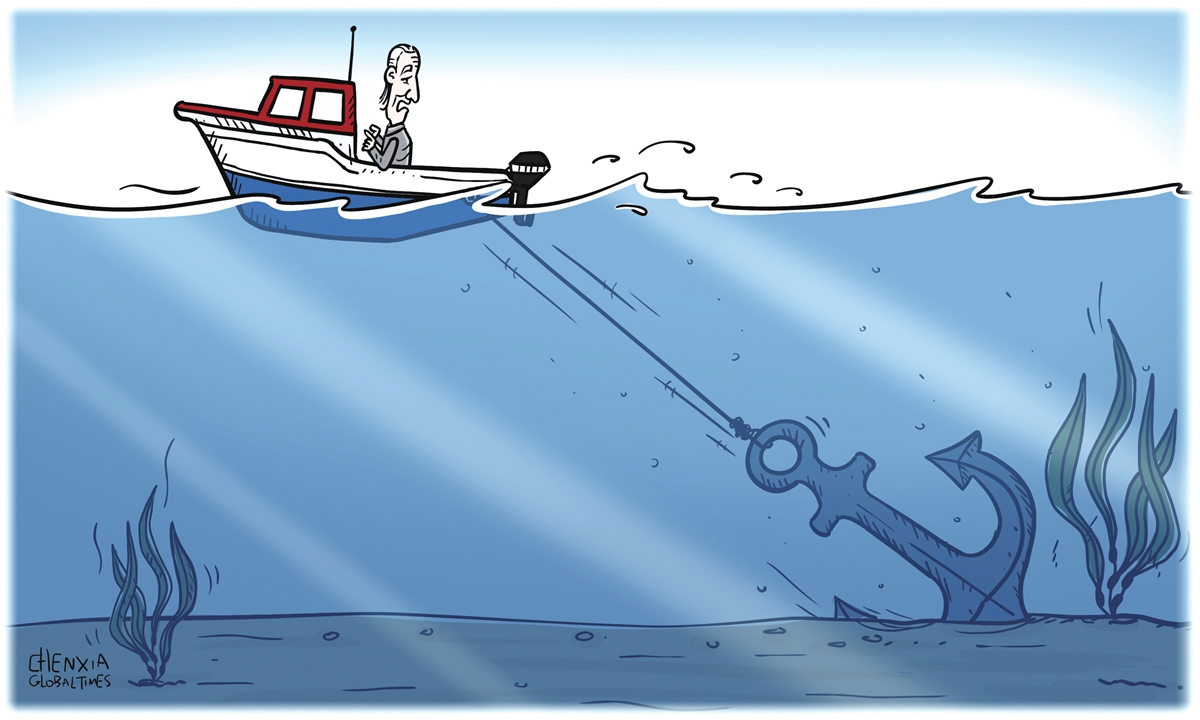
【GT】Zhao Minghao: Biden’s first year marked by lows and challenges
It's been one year since Joe Biden took office as US president. It is a tradition in the US for the president to deliver the State of Union address in January or February. However, Biden decided to postpone it to March 1. This may indicate that the White House is not so confident about its accomplishments. Both Biden and the Democratic Party will also have to face the serious challenge posed by the 2022 midterm elections in the US Congress. But things could get even worse in another two months.
2022-01-24 -
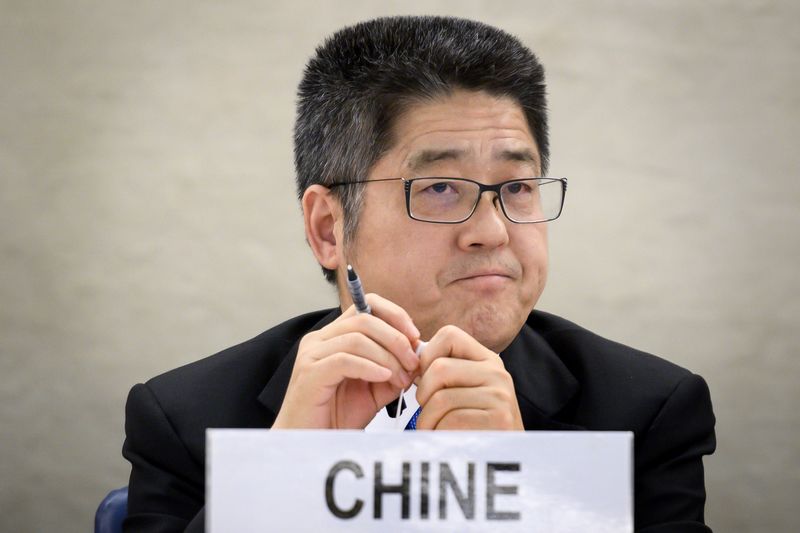
【Bloomberg】China Diplomat Calls U.S. Omicron Surge ‘Greatly Out of Control’
A senior Chinese diplomat blasted the U.S.’s omicron outbreak as “greatly out of control” and one of its four great failures of governance last year, as the world’s two largest economies continue to spar on everything from trade to the pandemic.
2022-01-21 -
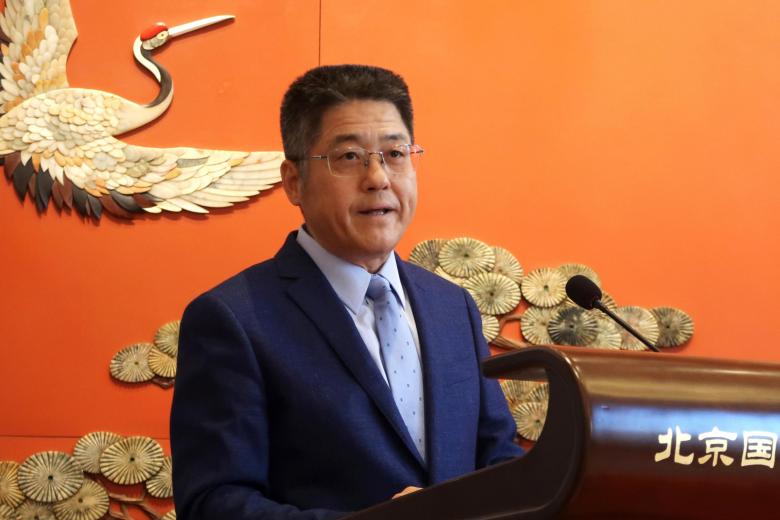
【PRNewswire】Youths' role in promoting global solidarity highlighted
Participants in a youth dialogue on Tuesday highlighted the significant role young people play in promoting friendship and solidarity in the face of global challenges, adding that the upcoming Beijing 2022 Winter Olympic and Paralympic Games will provide a good opportunity for young athletes to deepen exchanges.
2022-01-21 -
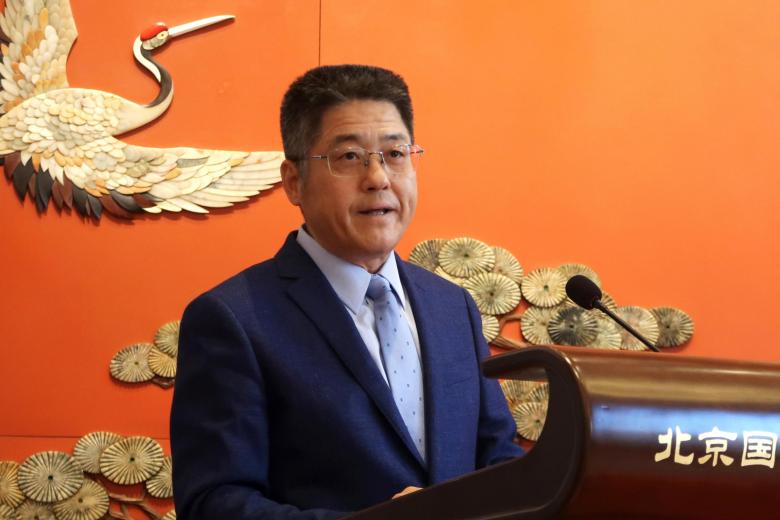
【Straitstimes】China Vice-Foreign Minister calls US Omicron surge 'greatly out of control'
A senior Chinese diplomat blasted the US' Omicron outbreak as "greatly out of control" and one of its four great failures of governance last year, as the world's two largest economies continue to spar on everything from trade to the pandemic.
2022-01-21
























































































 京公网安备 11010802037854号
京公网安备 11010802037854号





